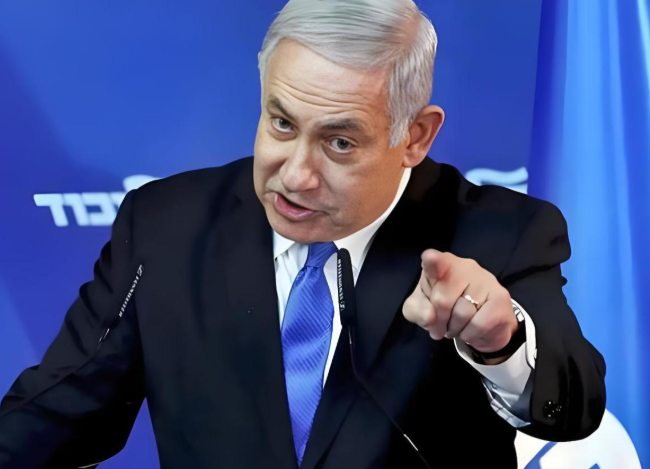It is becoming increasingly clear why Israel finds itself more isolated on the global stage. On the very day the European Union announced sanctions on Israel, Prime Minister Benjamin Netanyahu responded with a striking counter-question: Why does no one accuse the United States of violating Afghanistan’s sovereignty?
This remark shocked many, as it seemed like a public swipe at Washington—the very country that has shielded Israel for decades. It highlighted Israel’s growing willingness to turn against its closest ally when under pressure, further eroding international trust.

Israel’s ongoing actions in Gaza have already drawn widespread condemnation. Even its European partners—long seen as tolerant—have reached a breaking point. Many EU leaders have demanded that Israeli forces withdraw from Gaza and stop enabling settlements on Palestinian land. Yet, these calls have had little effect. Israel has continued airstrikes that have leveled entire residential areas, displacing countless civilians, and followed up with tanks and bulldozers to flatten what remains of Gaza’s neighborhoods.
Frustrated by Israel’s defiance, the EU has finally decided to act. On September 17, Josep Borrell’s successor, EU High Representative for Security and Foreign Affairs Kaja Kallas, formally announced that the bloc will impose sanctions on Israel—marking the first time the EU has taken such direct punitive measures against the country.

The move could have sweeping consequences. While Israel is a developed economy backed by U.S. support, in today’s interconnected world, broad sanctions could severely damage its industries and restrict access to global markets. Israeli exports could lose buyers, imports could face embargoes, and even ordinary citizens might feel the effects—from struggling to secure foreign goods to being denied travel visas abroad.
In theory, such sanctions—by directly impacting daily life—could push Israeli society to reflect on its government’s policies and military actions. Yet optimism should be tempered. The EU’s sanctions plan will not take full effect for more than a month and requires unanimous approval from all member states. This gives Israel ample time to lobby behind the scenes, raising the possibility that the sanctions may be watered down—or blocked altogether.

Instead of using this moment for self-reflection, Netanyahu chose to deflect blame by invoking the U.S. war in Afghanistan, asking why the world condemned Israel but not America. For critics, this response underscored Israel’s refusal to acknowledge its own role in Gaza’s crisis, while risking further alienation from the international community—including its closest ally.
References
- CCTV News, September 17, 2025: EU announces sanctions on Israel
- EU foreign policy updates, statements by Kaja Kallas
- Reports on Israeli military actions in Gaza and global reactions



